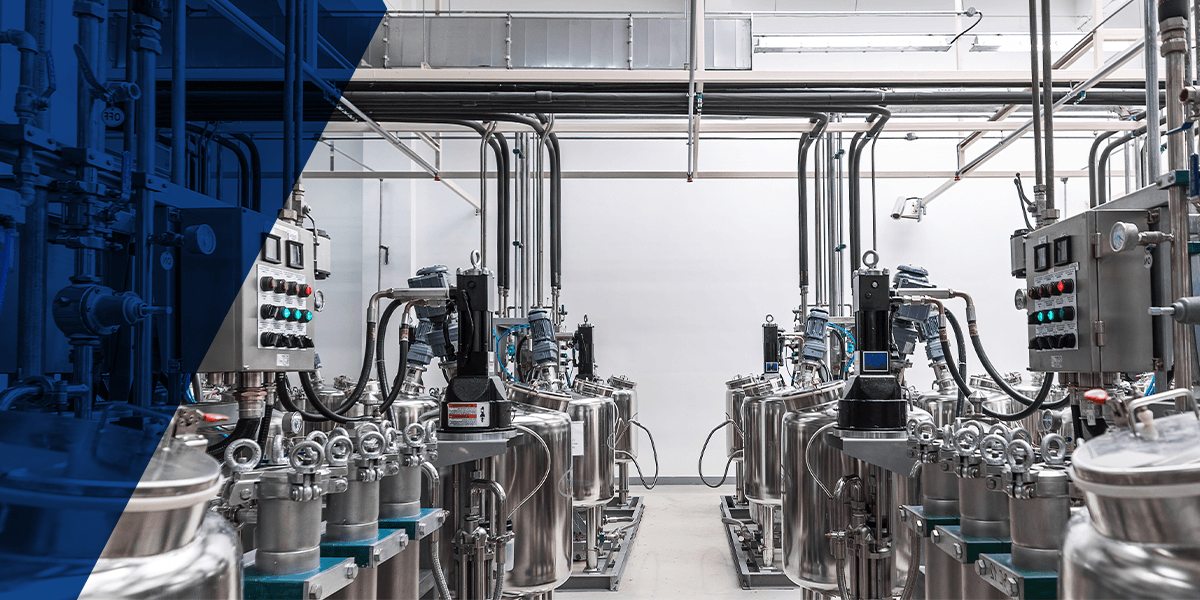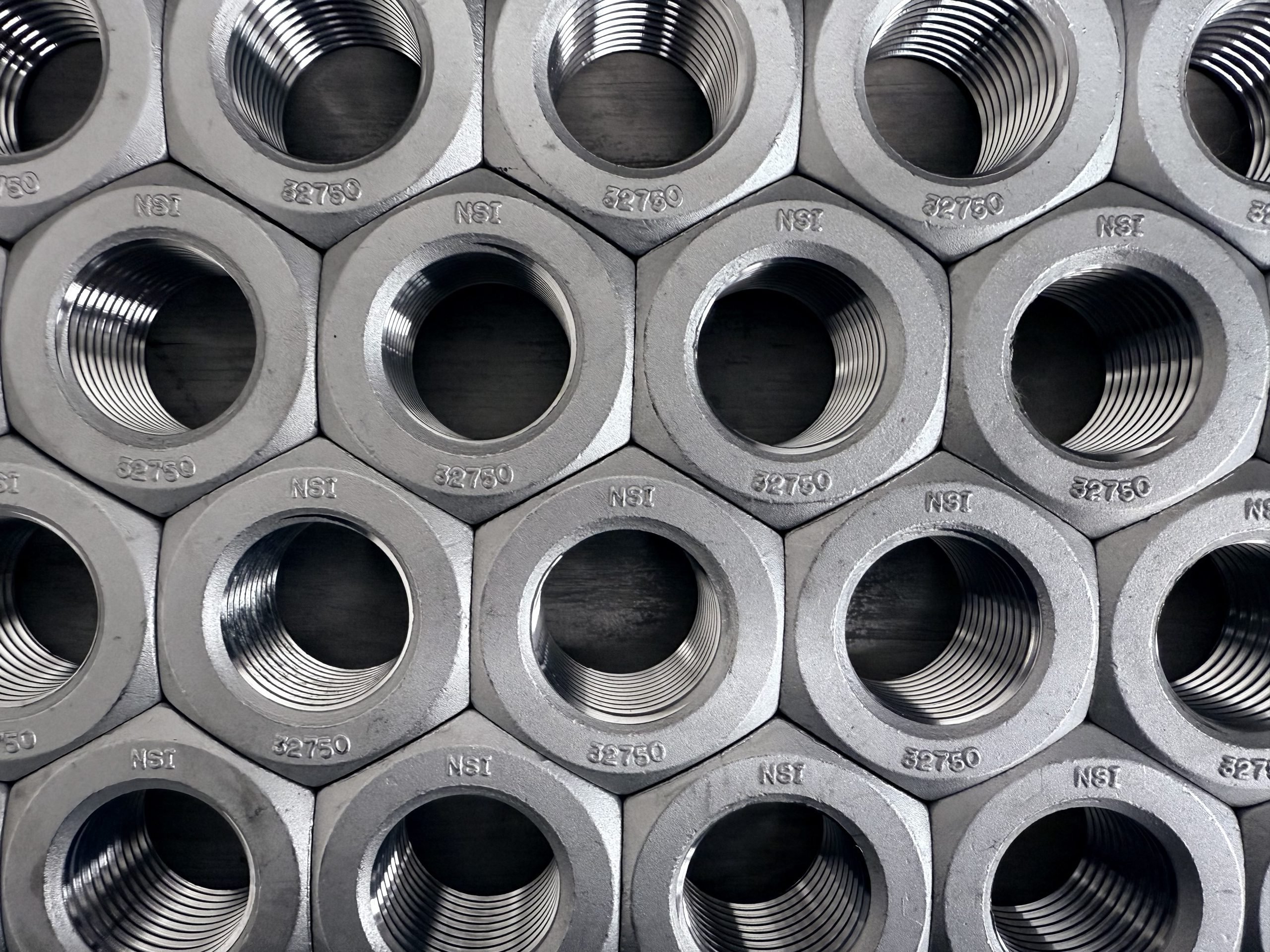

An estimated 10 billion bearings are manufactured annually, and about 50 million of these are removed from service due to damage. Chemical processing environments are some of the harshest in the world due to their high temperatures, pressure and corrosive chemicals. Any fasteners used in these settings must be chemically resistant and maintain their durability, reliability and longevity.
These fasteners are made from materials hand-picked for their resistance to chemical degradation. Selecting the ideal material for your application depends on your unique environment.
Corrosion experts and chemical engineers worldwide demand Hastelloy®, Inconel® and Monel® fasteners. Industry giants Afton Chemical, DOW, Monsanto and Westlake Chemical rely on our superior service and extensive expertise to meet their critical, time-sensitive requirements.
Fasteners for chemical processes are specialized components designed to join and secure chemical handling and processing equipment. They are purpose-built to withstand the effects of chemical exposure, maintaining the safety and integrity of chemical processing systems. Anything from a chemistry bolt to a nut or screw in a chemical processing machine is considered a fastener.
These fasteners are made from materials that can withstand various corrosive chemicals, including chemical alloys like stainless steel and non-metallic compounds like polypropylene. They may also have specialized coatings and treatments to provide additional corrosion protection and extend the components’ useful life.
Fasteners are the backbone of chemical processing equipment, from storage and transportation to machine components. Each fastener must meet stringent requirements to maintain a safe and effective chemical processing environment. Some critical considerations for chemical-resistant fasteners include:
The Hastelloy® C276 alloy is a popular and versatile nickel alloy. Hastelloy® fasteners are preferred in chemical environments due to their chemical-resistant properties in applications such as sulfuric acid, hydrochloric acid, hydrogen sulfide, wet chloride gas and chlorine dioxide. They also maintain excellent mechanical properties in temperatures up to 1500 degrees Fahrenheit — perfect for hot and corrosive chemical processing environments.
Some of the benefits of Hastelloy® C276 for chemical processing include:
